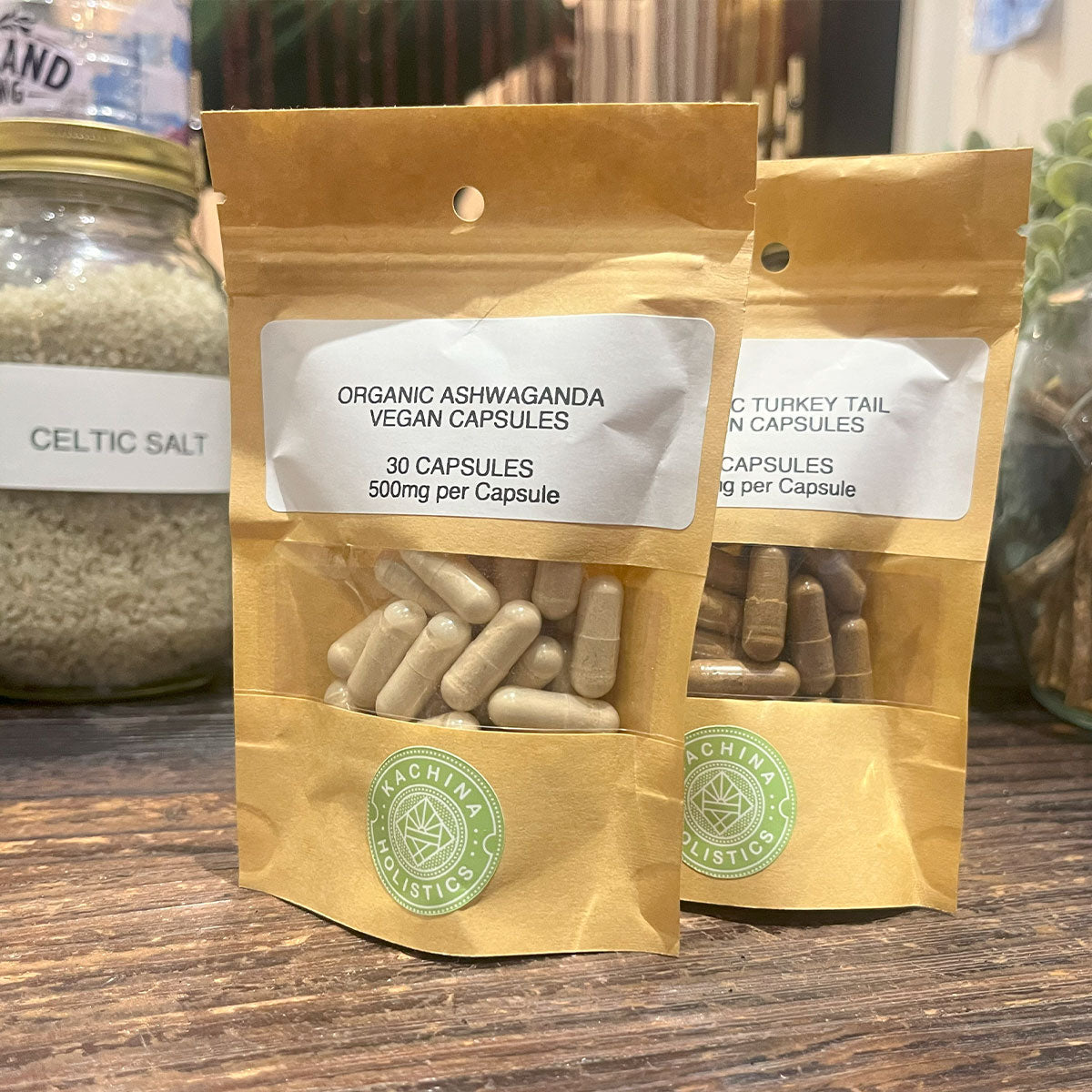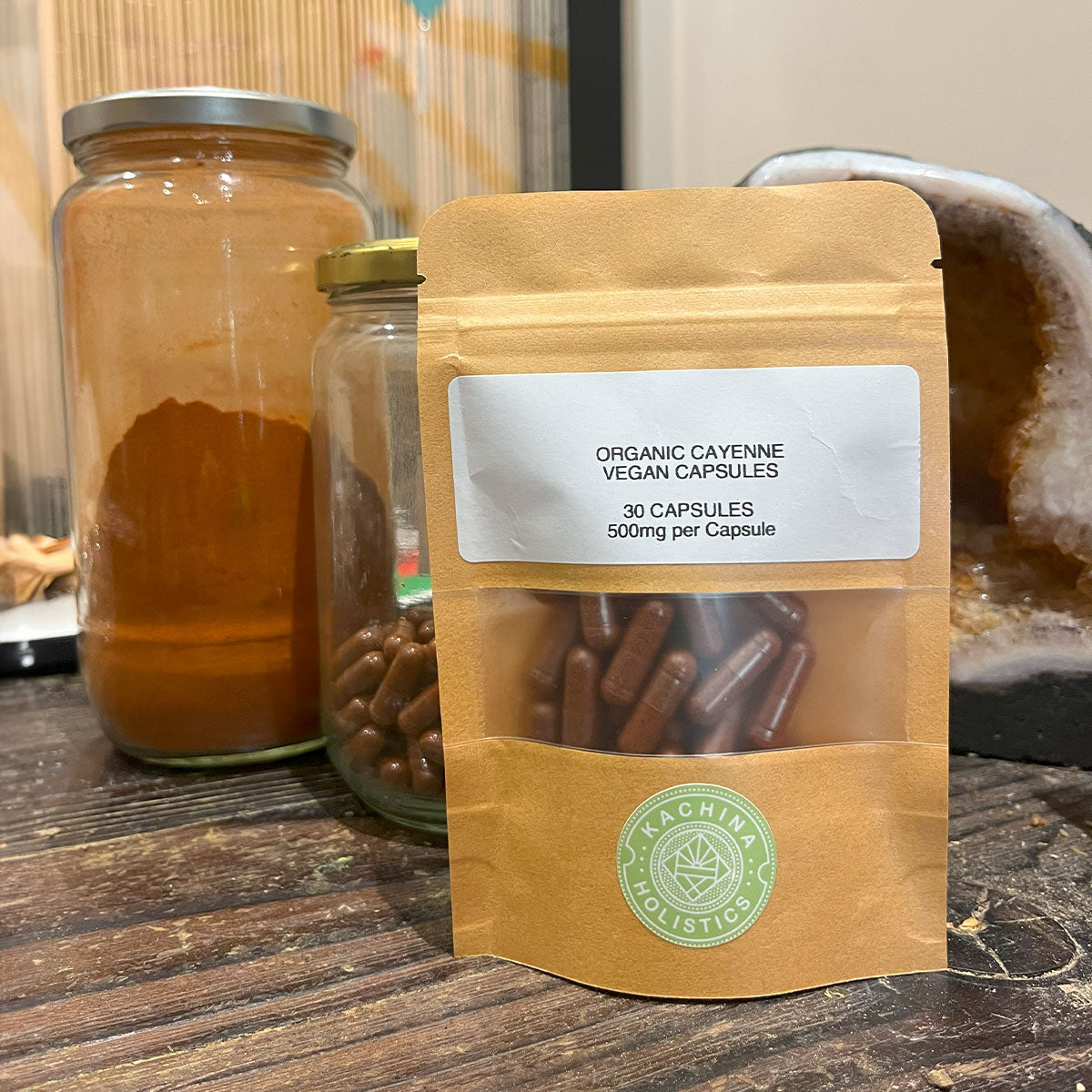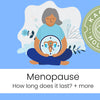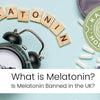How Long Does Menopause Last? And Other Questions You’re Not Alone in Asking
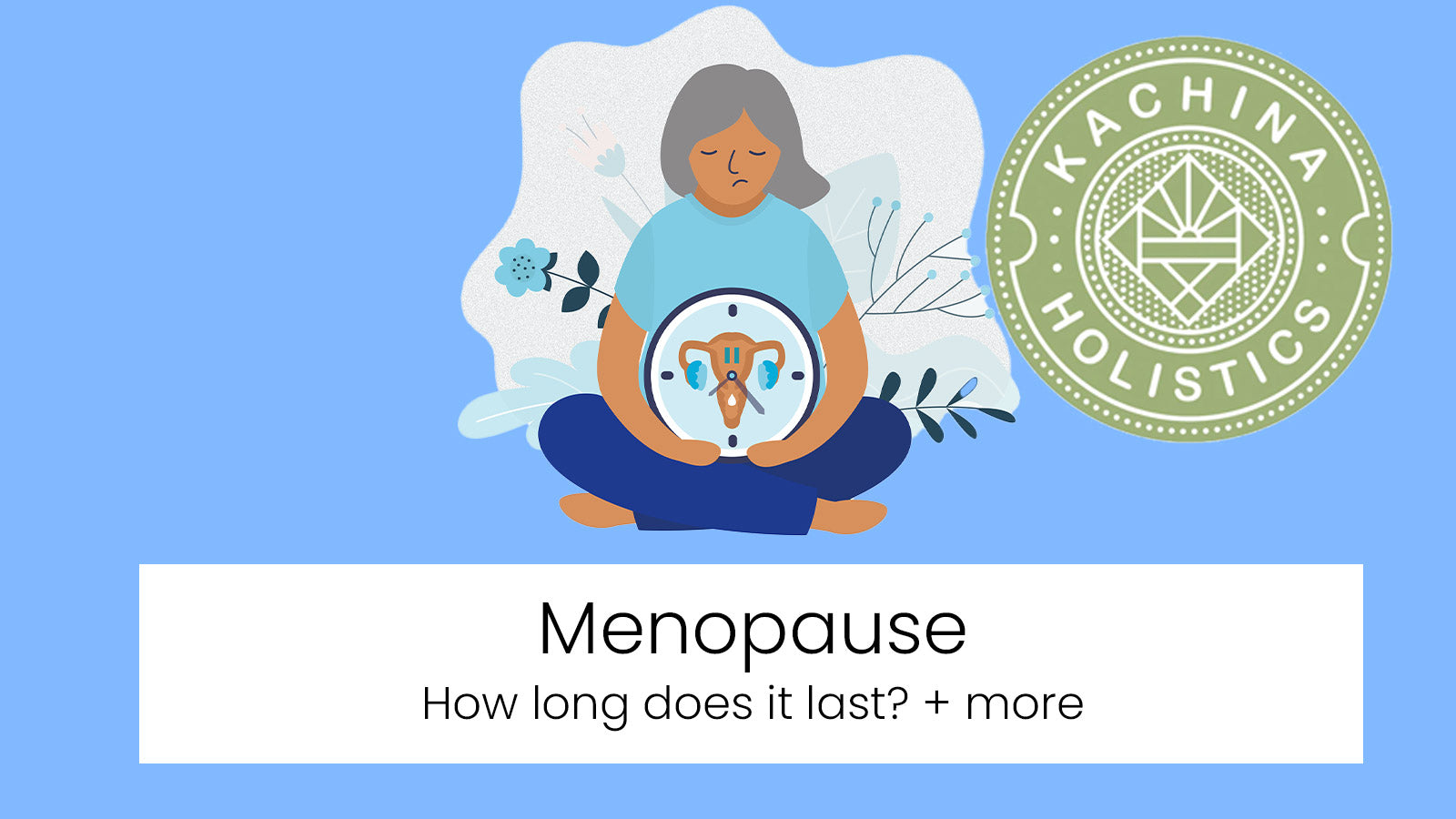
Menopause is one of those life transitions that everyone talks about — but few people really explain. If you’ve ever found yourself Googling “how long does menopause last?” at 2 a.m. while battling night sweats, fatigue, or a sudden craving for pickled onions, you’re in good company.
In this guide, we’ll walk through the most common (and some surprising) questions about menopause — from when it starts to whether men go through it too.
What Is Menopause?
Menopause marks the end of your menstrual cycles. It’s officially diagnosed after 12 consecutive months without a period. But the journey doesn’t start or stop there — it unfolds in three stages:
-
Perimenopause: The transition phase, often starting in your 40s, where hormone levels fluctuate and symptoms begin.
-
Menopause: The moment you’ve gone a full year without a period.
-
Postmenopause: The years that follow, when symptoms may ease — or linger.
What Is Perimenopause — and How Do You Know It's Happening?
Perimenopause is the lead-up to menopause, when estrogen levels begin to fluctuate and symptoms start creeping in. It can last for several years and often begins in your 40s, though for some it starts earlier. Common signs include irregular periods, mood swings, sleep disturbances, and a sudden sensitivity to caffeine or alcohol. If you’re thinking, “This feels different” — you’re probably right.
How Long the Menopause Transition Can Last
The menopausal transition varies widely, typically spanning between 4 and 10 years. During this time, hormone fluctuations can lead to a range of physical and emotional effects, many of which shift in intensity as the body adjusts.
Weight changes are common, particularly during perimenopause, when estrogen levels begin to drop. These shifts may stabilize after menopause with consistent support from nutrition, movement, and stress management.
Fatigue often lingers for years, driven by hormonal imbalances, disrupted sleep, or nutrient deficiencies — though many find relief through better rest and targeted lifestyle changes including natural energy supplements for menopause that support B-vitamin and iron levels.
Bloating may come and go, particularly in the earlier phases, and is frequently tied to hormonal swings or digestive sensitivities.
What Are the Symptoms of Menopause?
Some of the most common (and lesser-known) symptoms include:
-
Hot flashes and night sweats
-
Weight gain or “menopause belly”
-
Fatigue and brain fog
-
Joint pain and muscle aches
-
Itchy skin and dry mouth
-
Mood swings, anxiety, and depression
-
Low libido and vaginal dryness
-
Dizziness, headaches, and palpitations
-
Hair thinning or loss
-
Changes in body odor or discharge
Life After Menopause
Estrogen Doesn’t Disappear Entirely
After menopause, your body still produces small amounts of estrogen — mainly through fat tissue and the adrenal glands. While not as robust as before, this minimal production continues to influence your well-being.
Reclaiming Intimacy and Desire
For many, sex drive returns after menopause — especially with the help of tools like hormone therapy, lubricants, or emotional support. Rediscovering pleasure can be part of a deeper reconnection with yourself and your relationships.
The Transition May End, But the Journey Continues
Menopause is technically a point in time, but its aftereffects can extend well into the postmenopausal years. Some symptoms may fade, others linger — but many find this stage to be one of personal clarity, confidence, and renewal.

Supplements That Support You Through Menopause
While no supplement can replace a healthy lifestyle, the right nutritional support can make a noticeable difference in how you feel day to day. Here are two of the most common menopause symptoms — and the supplements that may help ease them, For a full list of supplements for menopause support check our collection.
Hot Flashes & Night Sweats
These sudden waves of heat and disrupted sleep are among the most reported symptoms during menopause. Research suggests that plant-based compounds like black cohosh, red clover, and soy isoflavones may help regulate temperature and reduce frequency.
Fatigue & Low Energy
Hormonal shifts, poor sleep, and nutrient depletion can all contribute to that bone-deep tiredness. Supplements rich in B vitamins, magnesium, iron, and vitamin D can help restore energy and support your nervous system.
Final Thoughts: You’re Not Alone
Whether you’re wondering “does menopause cause dizziness?” or “why can’t I orgasm anymore?”, know this: menopause is complex, but it’s also manageable. With the right support — from lifestyle changes to medical care — you can feel like yourself again (or even better).
FAQ
What is the average age of menopause?
Most women reach menopause around age 51, but the typical range is between 45 and 55. Genetics, lifestyle, and medical factors can influence timing.
What age does menopause start?
Menopause officially starts when a woman has gone 12 months without a period — usually in her late 40s to early 50s. The lead-up, known as perimenopause, often begins in the early 40s.
What age does menopause end?
Technically, menopause is a point in time, not a phase with a start and end. However, postmenopause follows and can last decades.
What are the stages of menopause?
The three stages include perimenopause (symptoms begin), menopause (12 months without a period), and postmenopause (the years after).
What is early menopause?
Early menopause refers to menopause occurring before age 45. If it happens before 40, it’s called premature menopause.
What causes menopause to start earlier?
Genetics, smoking, chemotherapy, and certain health conditions can trigger earlier onset of menopause.
What are the most common symptoms of menopause?
Hot flashes, night sweats, fatigue, brain fog, mood swings, vaginal dryness, and weight gain are some of the most common symptoms.
Can menopause cause weight gain?
Yes. Hormonal shifts often contribute to changes in body composition, including belly fat and slower metabolism.
Does menopause cause fatigue?
Absolutely. Many women report overwhelming tiredness, often due to disrupted sleep and hormone fluctuations.
Can you get pregnant during perimenopause?
Yes. Irregular periods don’t guarantee fertility has ended, so contraception is still advised until menopause is confirmed.
Can you get pregnant after menopause?
Natural pregnancy is rare after menopause, but assisted reproductive techniques like IVF can still be an option.
How long does menopause last?
The transition can last anywhere from 4 to 10 years, depending on genetics, lifestyle, and support for hormone balance.
Do men go through menopause?
Men experience a gradual decline in testosterone, sometimes called andropause, but it’s not the same as female menopause.
What helps with menopause symptoms?
Hormone therapy, lifestyle changes, exercise, stress reduction, and herbal supplements can all support symptom relief.
Is life better after menopause?
For many, yes. Symptoms may ease, emotional clarity improves, and self-confidence often grows during postmenopausal years.

